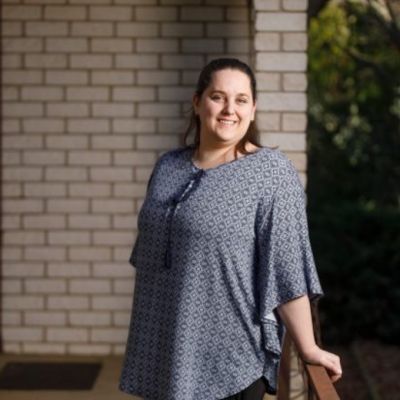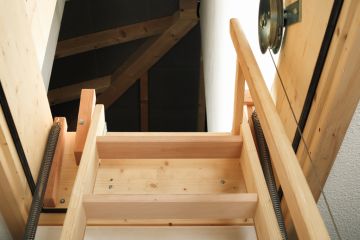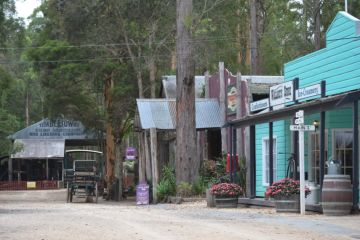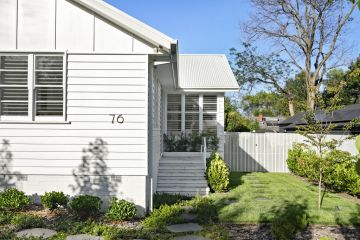Federal Budget 2017: How will housing affordability measures impact Canberra?
Canberra property experts have welcomed Federal Budget measures to help first-home buyers save for a deposit and encourage older Canberrans to free up houses for families.
But the effectiveness of the incentives announced in Tuesday’s budget rely on the provision of better housing types for the ACT’s ageing population and the release of more land for residential property.
Allhomes data scientist Nicola Powell said the $250 million First Home Super Saver Scheme provided an added incentive to save, however supply would need to be raised to meet demand.
“What it will do is boost the demand for entry level properties and that’s really adding fuel to the fire if you don’t do anything about the supply,” Dr Powell said.
“In the Canberra market unlocking the supply really is the crux of the solution.”
Housing Industry Association ACT and southern NSW executive director Greg Weller said that although the super scheme might not cover a full deposit on a Canberra property, it would make a significant contribution.
The scheme will allow first-home buyers to save towards a deposit at a discounted tax rate by making additional contributions to their superannuation, capped at $30,000.
“The fact it won’t get an entire deposit isn’t a reason not to do it,” he said.
“Superannuation is about saving for people’s retirements and there’s no better way to ensure people are comfortable and not draining the public purse in retirement than owning your own home.
“I think what the government has come up with here, given the concerns, is a really good way to compromise and use the means of super while protecting compulsory contributions.”
Property Council of Australia ACT executive director Adina Cirson said her organisation supported the scheme.
“Providing a facility for first home buyers to help them bridge that deposit gap is a sensible approach,” she said.
Master Builders Association ACT executive director Kirk Coningham said the super scheme could be a “game changer”.
He agreed that the $30,000 might fall short of a home deposit however, this came down to a “land affordability crisis” in the ACT.
“That’s a state or territory issue,” he said.
The ACT government will also have to chip in with better housing options for downsizers to complement the federal government’s announcement of a $300,000 superannuation contribution for retirees who sell their family homes, experts say.
Both members of a couple are allowed to take advantage of this incentive for the same property.
“It’s a huge amount of money,” Dr Powell said. “For a couple it could be the complete sale of a home, but the decision to downsize is not necessarily about the money.”
Dr Powell said retirees are not only attached to their home but the suburb in which they live.
If appropriate housing is not available in their neighbourhood, some will choose to stay in their family homes.
Mr Coningham said territory planning to address this “missing middle” was key so retirees could stay in their communities.
He said downsizing incentives might see adult children buying the family home and, given block size, accommodating elderly parents in a granny flat.
With the ACT government phasing out stamp duty and the federal government offering incentives to downsize, Mr Weller said providing more housing options better suited to retirees was the last piece of the puzzle.
“With some changes to the planning system in the ACT, I think we’ll really lead the way in terms of the transition out of homes, freeing up housing stock for younger people,” he said.
Ms Cirson said the budget measures overall were a “signal that we’re heading in the right direction” however, there was “no quick fix” for affordability.
“There are a range of levers that need to go into this, some are supply levers and some are demand,” she said. “A range of mechanisms are needed to address housing affordability.”
We recommend
States
Capital Cities
Capital Cities - Rentals
Popular Areas
Allhomes
More
- © 2025, CoStar Group Inc.









